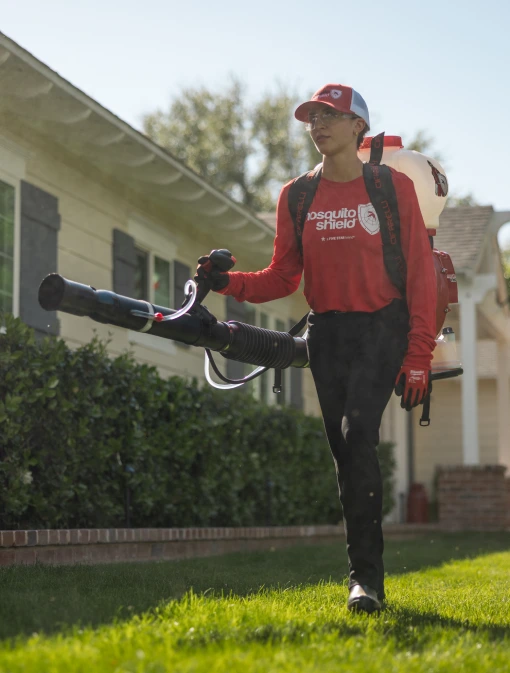Experience relaxation and peace in your backyard with our proven mosquito control solution. Trusted by families in Hilliard, our innovative approach not only repels mosquitoes but also establishes a durable barrier customized to your outdoor environment. Mosquito Shield of North Columbus is dedicated to creating mosquito-free zones, so you can enjoy your outdoor spaces without interruption.
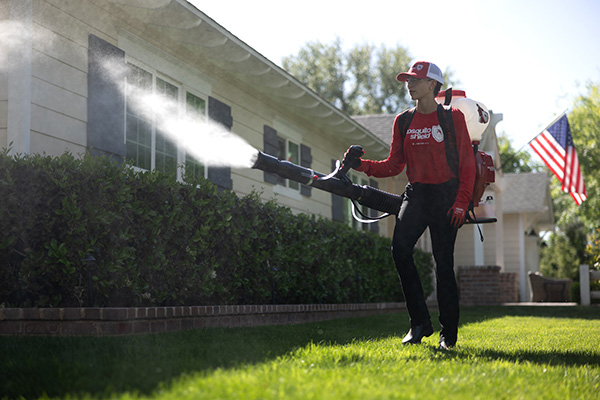
Effective mosquito control in Hilliard, OH, that drives mosquitoes away and keeps them out of your yard.

Enjoy mosquito-free outdoor time in Hilliard with treatments designed to provide lasting results.

Highly rated mosquito control services in Hilliard, trusted by residents to enhance outdoor living.
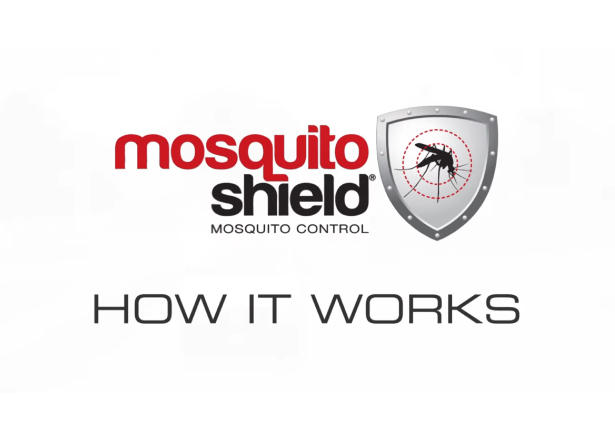
Hilliard, Ohio, a Columbus suburb west of the city, is bookended by parks like Homestead Metro Park, the Heritage Trail, and nearby Metro Parks wetlands. Suburban neighborhoods, storm drains, wooded creek corridors, and greenway trails provide ample habitat for mosquitoes and ticks.
Hilliard’s blend of wooded paths, creekside trails, stormwater features, and backyard greenery supports persistent mosquito and tick presence.
Residents encounter mosquito-borne illnesses such as West Nile Virus and tick-transmitted diseases like Lyme. Local mosquito spraying by Franklin County Public Health and early-summer tick activity make pest control essential for outdoor safety.
Recommended prevention strategies include:

The weather in Hilliard features warm, humid summers with periodic thunderstorms that replenish creek edges, park wetlands, and drainage basins—ideal for mosquito breeding. Spring and fall bring moist conditions and leafy cover supporting ticks. Winters bring freezing temperatures and occasional snow, halting pest activity until spring.


Identification: Small, dark brown to black mosquito with white scales on the thorax and legs.
Habitat: Breeds in natural containers like tree holes and artificial containers such as tires.
Behavior: Daytime biter; females are aggressive and primarily feed on mammals.
Health Risks: Primary vector of La Crosse encephalitis virus.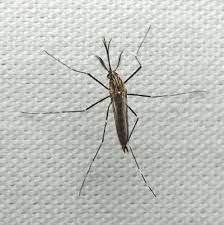
Identification: Medium-sized, dark mosquito with bronze-colored scales and distinct white markings on the legs and thorax.
Habitat: Prefers artificial containers, rock pools, and tree holes.
Behavior: Active during the day; feeds on mammals and birds.
Health Risks: Potential vector for West Nile virus and La Crosse encephalitis.
Identification: Medium-sized with a brown body and white bands on the abdomen and legs.
Habitat: Breeds in temporary floodwaters, such as rain pools and marshes.
Behavior: Nocturnal; females are persistent biters of mammals.
Health Risks: Potential vector for West Nile virus.
Identification: Small to medium-sized, light brown mosquito with unbanded legs and a blunt abdomen.
Habitat: Breeds in stagnant water sources like ditches, storm drains, and containers.
Behavior: Active during dusk and dawn; females prefer avian hosts but will bite humans.
Health Risks: Primary vector of West Nile virus.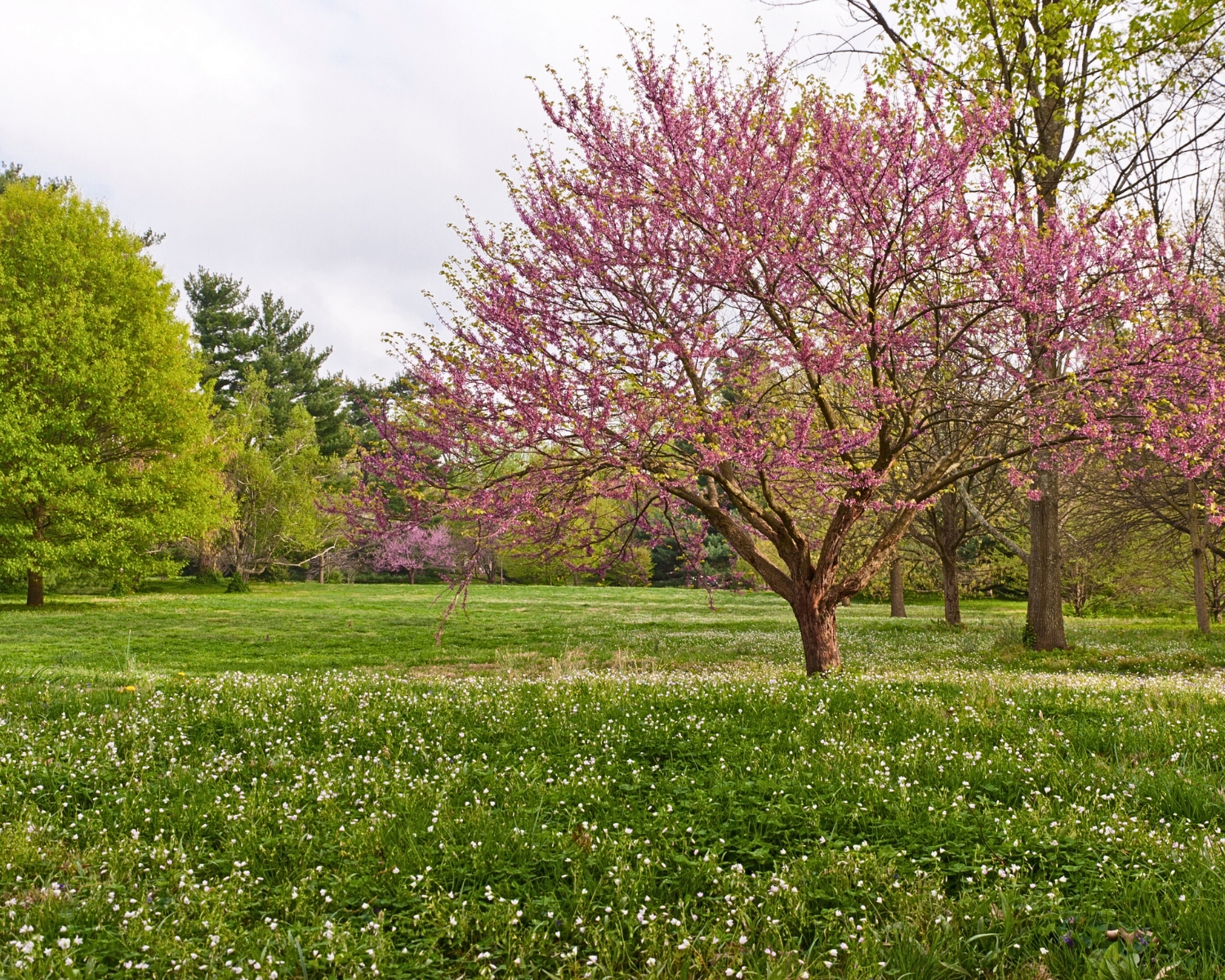
Key Activity: Mosquito season kicks off with spring rain and rising temps.
Breeding: Pollen-clogged gutters, overwatered lawns, and yard waste bins trap standing water.
Common Species Active: Aedes aegypti and Culex quinquefasciatus begin emerging.
Behavior: Biting starts in early mornings and evenings, particularly near shaded patios and greenbelt trails.

Key Activity: Peak mosquito season—hot, muggy conditions dominate.
Breeding: Standing water builds up fast around AC drip lines, pool covers, or kids' toys left outside.
Common Species Active: Aedes albopictus, Aedes aegypti, and Culex quinquefasciatus are all highly active.
Behavior: Expect all-day biting in areas like Hilliard.
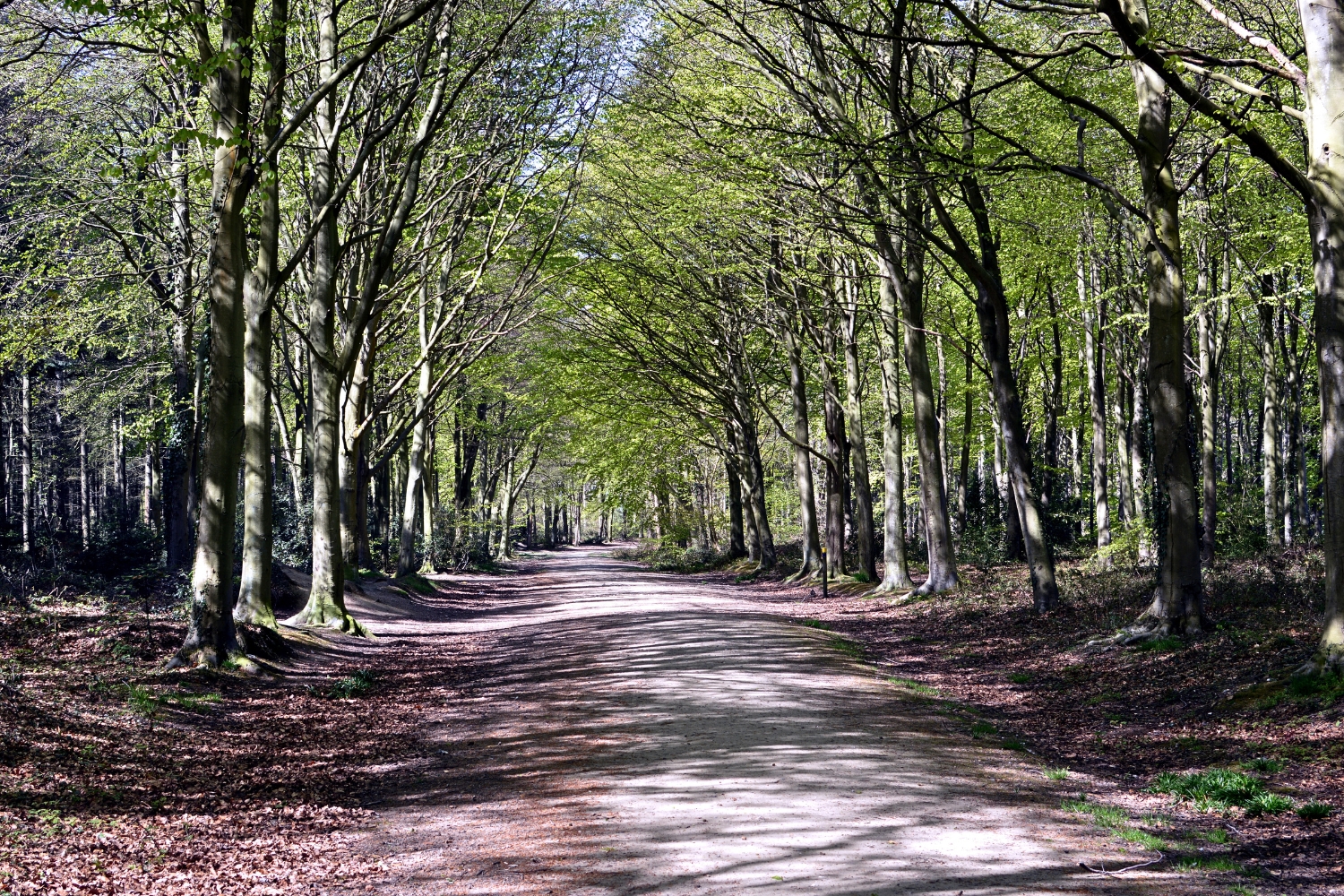
Key Activity: Mosquito activity declines but doesn’t disappear until first cold snap.
Breeding: Rain and falling leaves keep gutters and low points damp.
Common Species Active: Culex and Aedes species still linger.
Behavior: Warm fall afternoons can still bring biting pressure in wooded or shaded spots.
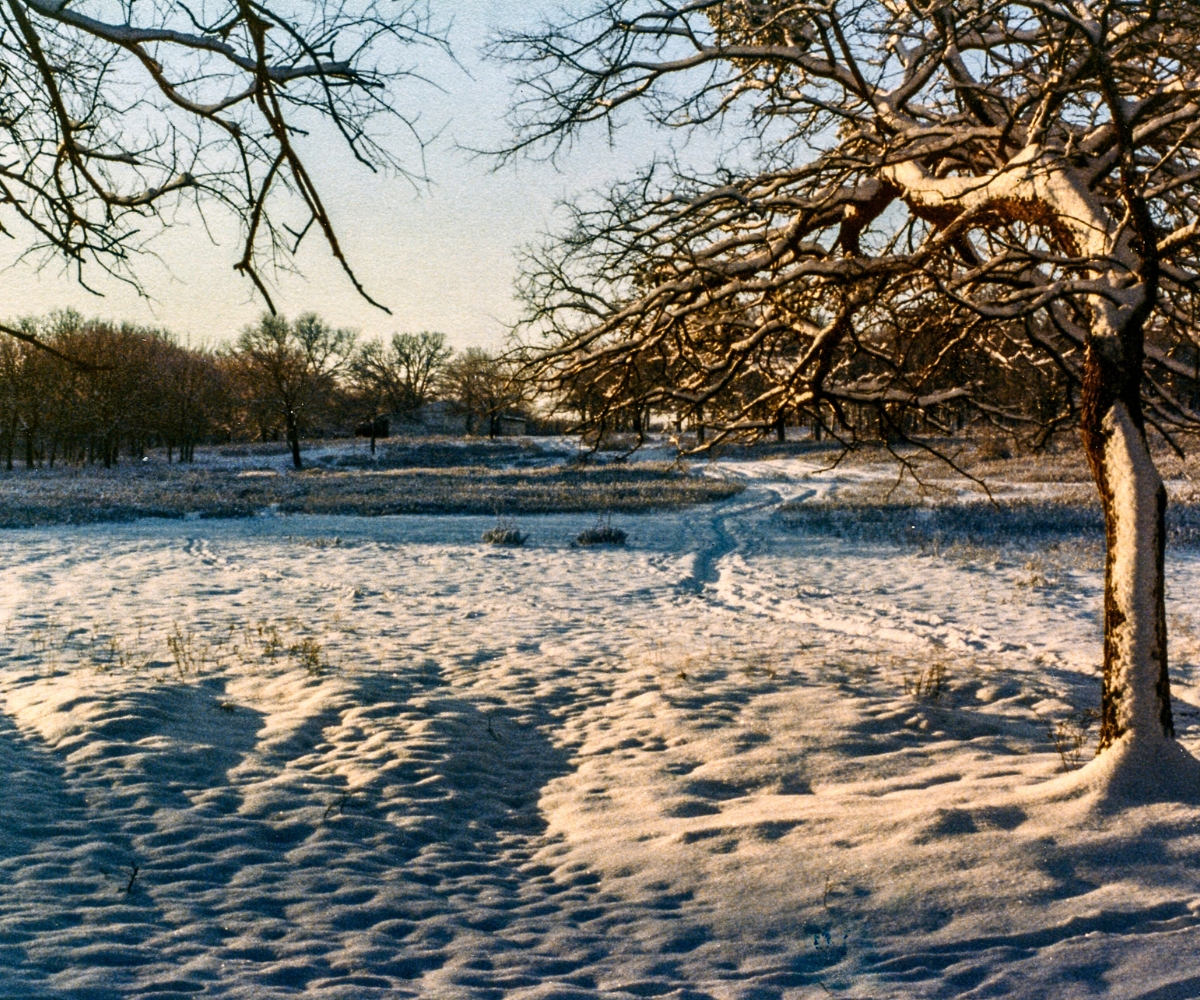
Key Activity: Cold slows mosquitoes, but activity doesn’t drop to zero.
Eggs: Aedes eggs survive dry spells and hatch come spring rains.
Adults: Culex adults may overwinter in sheds, basements, or crawlspaces.
Behavior: After a warm February rain, expect a brief mosquito resurgence.
